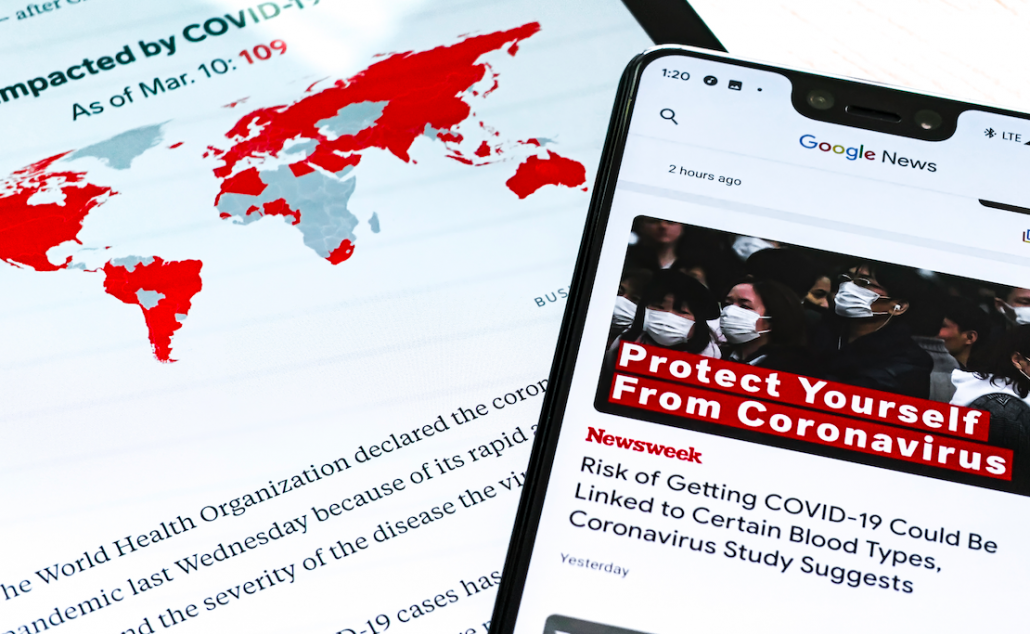Consequences from COVID-19 including skyrocketing unemployment, mental health concerns, and general basic supply scarcity has meant an increased demand for services from nonprofits in a multitude of sectors. I’ve seen a number of successful efforts to help out local businesses, such as restaurants and shops, that are hurting from lack of foot traffic. These campaigns have focused on alternative revenue streams such as delivery deals and gift cards. The same concept can and should go be applied to your favorite nonprofit organizations as well.
Here are three ways you can help nonprofits while continuing to practice safe social distancing.
Donate cash under the CARES Act
The federal “Coronavirus Aid, Relief, and Economic Security” (CARES) Act was recently passed and among other policy goals, aims to incentivize charitable giving. The CARES Act creates a new federal income tax charitable deduction for total charitable contributions of up to $300. The incentive applies to cash contributions made in 2020 and can be claimed on tax forms next year. This deduction is an “above-the-line” deduction. This means it’s a deduction that applies to all taxpayers, regardless if they elect to itemize.
For those taxpayers who do itemize, the law lifts the existing cap on annual contributions from 60 to 100 percent of adjusted gross income. For corporations, the law raises the annual contributions limit from 10 to 25 percent. Likewise, the cap on corporate food donations has increased from 15 to 25 percent.

Photo by Obi Onyeador on Unsplash
Gift retirement benefit plans
If you have a retirement benefit plan, like an IRA or 401(k), you may gift the entire plan, or just a percentage, to your favorite charity or charities upon your death. Retirement plans can be an ideal asset donation to a nonprofit organization because of the tax burden the plans may carry if paid to non-charitable beneficiaries, such as family members.
This can be accomplished by fully completing a beneficiary designation form from the account holder and name the intended nonprofit organization(s) as a beneficiary of your qualified plan. The funds you designate to charitable organizations will be distributed directly to the organizations tax-free and will pass outside of your estate, Individuals who elect this type of charitable giving can continue to make withdrawals from retirement plans during their lifetime.
Write in bequests to your estate plan
Execute an estate plan, or update an existing one, to include bequests (gifts) to the nonprofit organizations you care about. There are multiple different types of bequests which means testators have flexibility with the structure of their estate plans. An experienced estate planner will be able to advise you on all of your options, but here is a brief overview.
Pecuniary bequest
A gift of a fixed or stated sum of money designated in a donor’s will or trust.
Demonstrative bequest
A gift that comes from an explicit source such as a particular bank account.
Percentage bequest
A percentage bequest devises a set percentage—for example 5 percent of the value of the estate. A percentage bequest may be the best format for charitable bequest since it lets the charity benefit from any estate growth during the donor’s lifetime.
Specific bequest
A gift of a designated or specific item (like real estate, a vehicle, or artwork) in the will or trust. The item will very likely be sold by the nonprofit and the proceeds would benefit that nonprofit.
Residuary bequest
A gift of all or a portion of the remainder of the donor’s assets after all other bequests have been made as well as debts and taxes paid.
Contingent bequest
A gift made on the condition of a certain event that might or might not happen. A contingent bequest is specific and fails if the condition is not made. An example of a charitable contingent bequest might be if a certain person predeceases you,
This is just a small list, as there are many ways to efficiently and effectively make charitable donations in a tax-wise manner that benefits both parties involved. Because each individual’s financial situation is unique it’s highly recommended to consult with the appropriate professional advisors.
I’d be happy to discuss any questions, concerns, or ideas you may have. Contact me via email at gordon@gordonfischerlawfirm.com or by phone at 515-371-6077.

